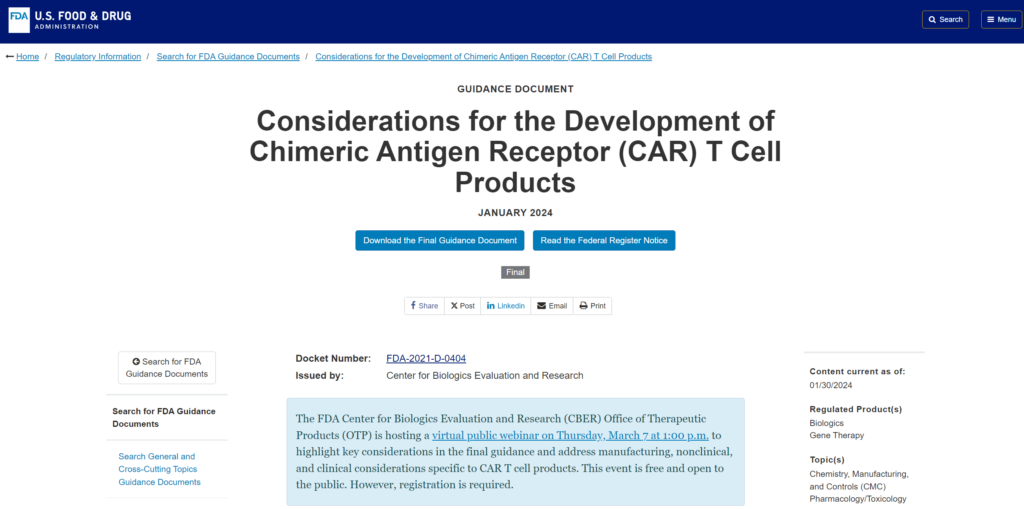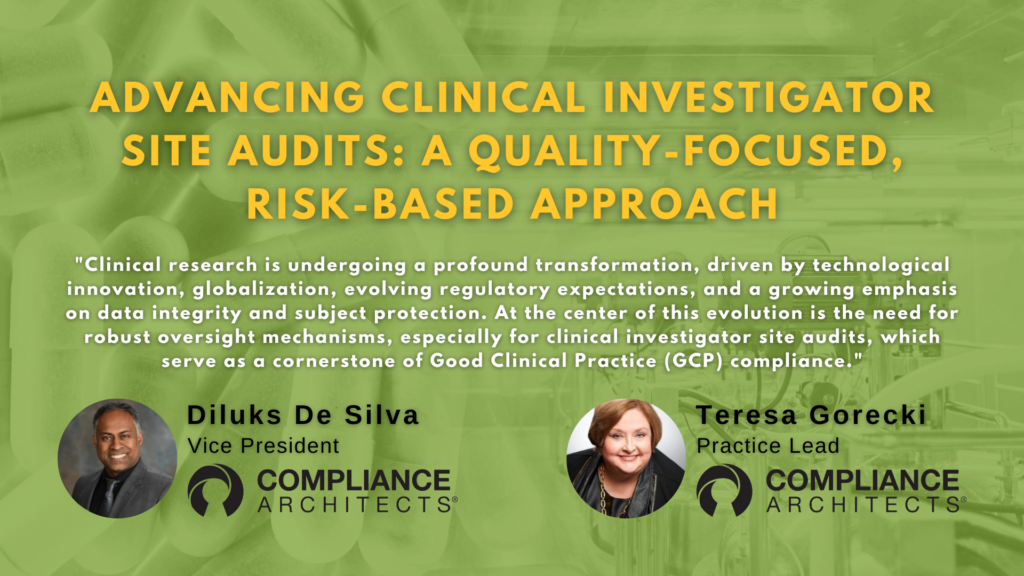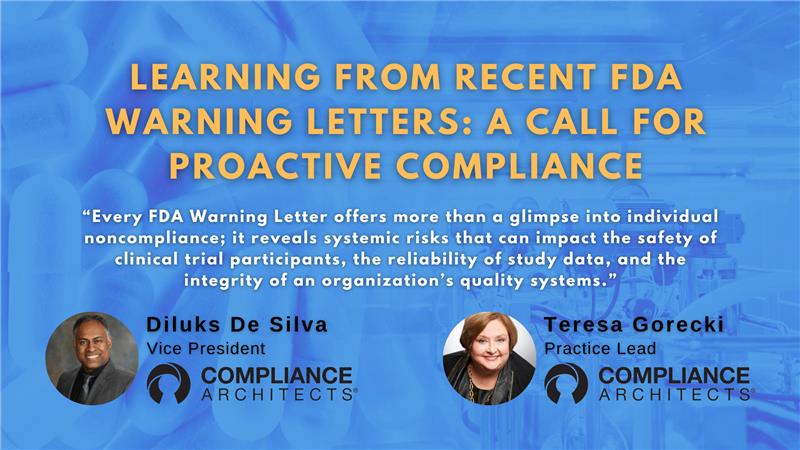Cell and gene therapies represent a new medical frontier, offering hope for treating rare, orphan, and challenging diseases. However, the journey from development to market approval for these personalized medicines is intricate and multifaceted. With this new medical frontier, it is vital that we properly navigate the future of CAR T Cell Therapy and the FDA guidance that follows.
As more therapies come to the market in the hope of bringing advanced treatments and cures to rare, orphan, and difficult-to-treat diseases, designing quality standards for these personalized medicines is equally complex. It requires close collaboration among industry stakeholders, regulators, policymakers, and supply chain partners to navigate the complexities and establish appropriate quality standards.
In January 2024, the FDA Center for Biologics Evaluation and Research issued a significant guidance document for the industry titled “Considerations for the Development of Chimeric Antigen Receptor (CAR) T Cell Products” (Docket number: FDA-2021-D-0404). This guidance aims to assist sponsors, including industry and academic sponsors, in developing CAR T cell products.

Table of Contents
Understanding the Guidance
The FDA’s guidance offers specific recommendations tailored to the development of CAR T cell therapies. It covers various aspects, including considerations related to cellular starting material, final drug product formulation, analytical testing, comparability studies, pharmacology, toxicology, and clinical study design parameters.
Critical Considerations from the Guidance
Let’s delve into the key considerations outlined in the guidance.
1. Cell Design and Development
The guidance stresses the importance of selecting the appropriate vector type and manufacturing processes for the cellular starting material. It also emphasizes the significance of patient history in obtaining the material through leukapheresis and the logistical planning required to maintain product quality during shipping, storage, and administration. Fresh or cryopreserved final products offer distinct advantages and require meticulous logistical planning to ensure product quality during shipping, storage, and administration.
2. Chemistry, Manufacturing, and Controls (CMC) Recommendations
The guidance provides a comprehensive framework for organizing information and ensuring compliance with regulatory standards throughout the product development lifecycle. It highlights the importance of aligning with Common Technical Document (CTD) format guidelines and emphasizes distinguishing between Drug Substance (DS) and Drug Product (DP).
The guidance outlines the lifecycle approach, CMC Information in IND, manufacturing compliance highlighting cGMP standards appropriate for each stage of the development process, vector manufacturing and testing, comparability studies, and change management, including manufacturing and analytical comparability between pre- and post-change products.
3. Nonclinical Recommendations for CAR T Cell Therapy
Nonclinical testing is crucial for establishing the safety and efficacy of CAR T cell therapies before proceeding to clinical trials. The guidance outlines CAR construct design, antigen recognition domain evaluation, target antigen characterization, activation and co-stimulatory domains, cellular component considerations, In vivo testing, and elements that require thorough nonclinical testing to evaluate functionality and safety.
4. Clinical Recommendations
Clinical study design parameters are addressed, focusing on safety assessment, optimal dosage determination, pharmacokinetics/pharmacodynamics studies, clinical activity evaluation, and population selection for further studies. The guidance provides detailed recommendations for study population selection, treatment plans, clinical pharmacology considerations, safety evaluation and monitoring, CAR T cell persistence, and long-term follow-up.
Implications for the Industry
The FDA guidance provides a roadmap for CAR T cell therapy development, supporting sponsors in navigating the complex regulatory landscape while maintaining product quality and safety. By adhering to these recommendations, companies can streamline their development processes and accelerate the delivery of safe and effective therapies to patients.
The issuance of guidance for CAR T cell therapy development represents a significant milestone in advancing the field of cell and gene therapies. By following these recommendations and fostering collaboration across stakeholders, we can continue to drive innovation and bring hope to needy patients. The guidance is a valuable resource for navigating the complexities of advanced therapeutics and accelerating the development of life-saving treatments.
Considering Compliance Architects® for Your CAR T Cell Therapy Needs
Are you looking for expert guidance in navigating the complexities of CAR T cell therapy development? Look no further than Compliance Architects®.
At Compliance Architects®, we specialize in addressing the fundamental hurdles inherent in bringing pioneering, science-driven therapies to fruition. With a steadfast commitment to optimizing patient outcomes, we offer a practical, phase-specific approach tailored to cell and gene therapy firms’ unique needs.
Our team of cell and gene therapy consultants boasts unparalleled expertise spanning every facet of the industry. Whether you require interim operational leadership, CMC development support, commercialization strategies and controls, tech transfer facilitation, audit readiness, regulatory support, or many other essential services, Compliance Architects® is equipped to guide your organization seamlessly through every challenge. Learn more about how we serve the Cell and Gene Therapies space here.
Ready to revolutionize your CAR T cell therapy journey? Contact us today and discover how Compliance Architects® can propel your organization toward unparalleled success.





